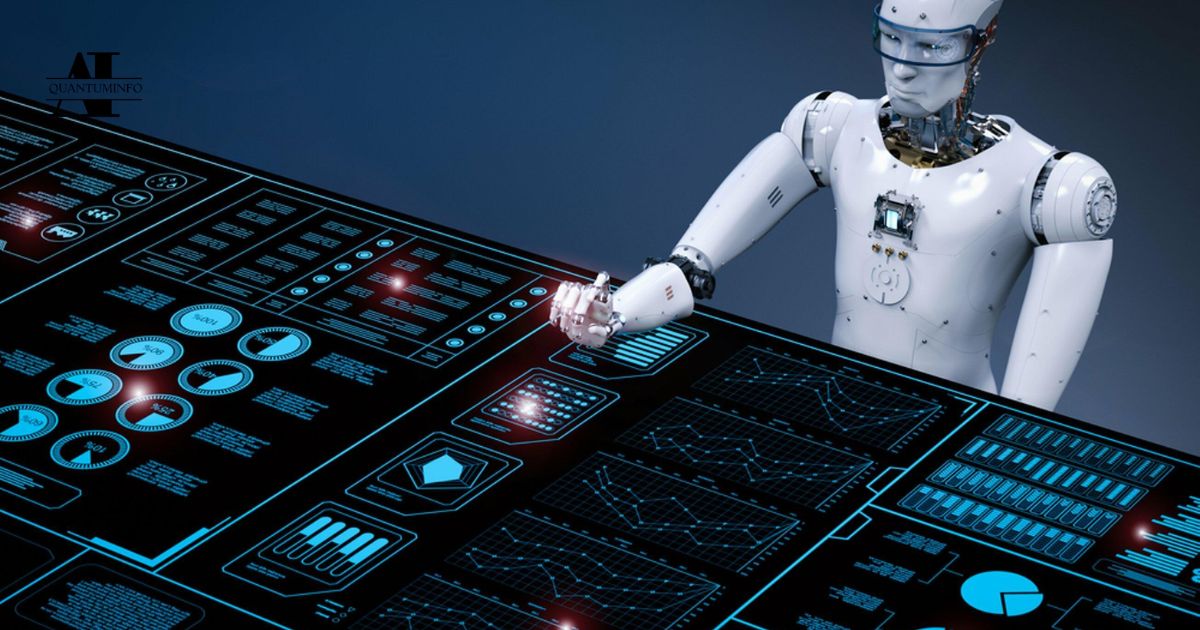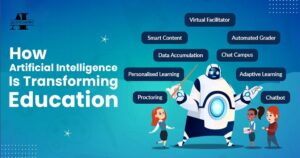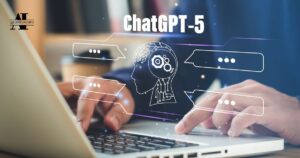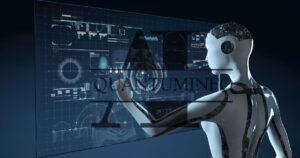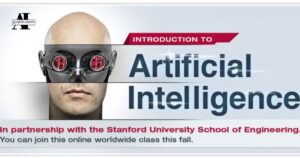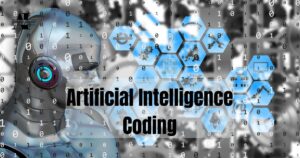Artificial intelligence (AI) has rapidly transformed from a niche technology to a critical component in many fields, cementing its status as a general-purpose technology. AI’s ability to increase efficiency and foster innovation makes it a transformative force in diverse industries. As it integrates more deeply into everyday life, AI is reshaping the global economy and presenting both opportunities and challenges that demand thoughtful engagement from all societal sectors.
Imagine a world where machines predict health crises before they happen, self-driving cars drive with flawless precision, and financial markets are deciphered in real-time by algorithms. Welcome to the age of artificial intelligence, where this transformative technology is not just a futuristic dream but a dynamic reality reshaping every aspect of our lives. Dive into the revolution that is changing the way we live, work, and communicate, opening up unprecedented possibilities.
Welcome to the exciting era of artificial intelligence, a technology that is changing healthcare, finance, transportation, and more. With its ability to automate tasks and deliver personalized solutions, AI is reshaping industries and opening up new possibilities. As we continue to explore its potential, AI promises to make our lives more efficient, informed, and connected than ever before.
What is general-purpose technology?
A general-purpose technology is defined by its broad scope and significant impact on multiple sectors and industries. These technologies are not limited to a single application but are capable of promoting innovation and productivity gains in various domains.
Historically, GPTs have ushered in periods of rapid economic growth and reshaped social structures. Examples include the steam engine, which powered the Industrial Revolution, and the Internet, which revolutionized communication and access to information.
Emergence of AI as GPT
The evolution of AI at GPT has been marked by significant advances in machine learning, deep learning, and neural networks. These technologies have enabled AI systems to perform complex tasks such as language translation, image recognition, and strategic decision-making. As AI continues to evolve, its integration into various fields accelerates, making it an indispensable tool for innovation and problem-solving.
Key Applications of AI
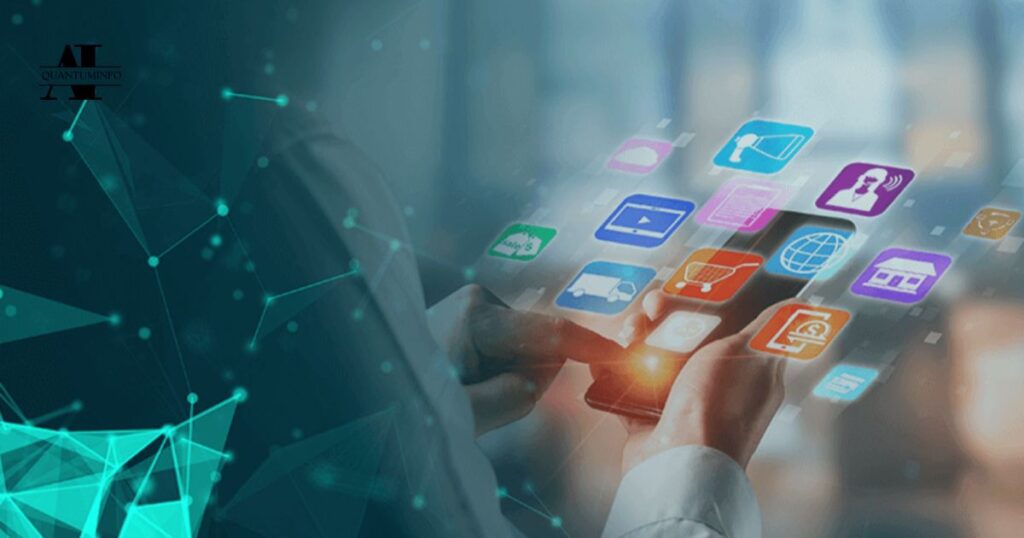
Health care
AI is revolutionizing healthcare by enhancing diagnosis, treatment planning, and patient care. Machine learning algorithms analyze medical images and electronic health records to detect diseases early and recommend personalized treatment plans.
AI-powered predictive analytics help identify potential health risks, leading to preventive measures and better patient outcomes. Additionally, AI helps in drug discovery and development, reducing the time and cost of bringing new drugs to market.
Finance
In the finance sector, AI improves risk management, fraud detection, and customer service. AI algorithms analyze vast amounts of financial data to identify patterns and anomalies, helping to detect fraudulent activity early. Robo-advisors provide personalized investment advice based on individual financial goals and risk tolerance. AI also plays an important role in algorithmic trading, where it analyzes market data in real-time to make informed trading decisions.
Here, Quantum Artificial Intelligence Elon Musk
Transportation
AI is at the forefront of transforming transportation through the development of autonomous vehicles and intelligent traffic management systems. Self-driving cars, equipped with AI-powered sensors and algorithms, navigate roads safely, reducing the risk of accidents caused by human error.
AI-powered traffic management systems improve traffic flow, reduce congestion, and reduce emissions. In logistics, AI improves route planning and supply chain management, improving efficiency and reducing costs.
Education
AI is personalizing education by tailoring learning experiences to the needs and abilities of individual students. Intelligent tutoring systems provide real-time feedback and support, helping students master complex concepts.
AI-powered analytics identify learning gaps and recommend interventions, ensuring all students receive the support they need to succeed. Additionally, AI automates administrative tasks, allowing educators to focus more on teaching and guiding students.
Manufacturing
In manufacturing, AI enhances productivity, quality control, and supply chain management. AI-powered robots and automation systems perform repetitive and efficient tasks, reducing workplace accidents and increasing efficiency.
Machine learning algorithms monitor production processes and predict equipment failures, enabling predictive maintenance and reducing downtime. AI also improves supply chain operations by analyzing data on demand, inventory levels, and logistics to improve decision-making and resource allocation.
The economic impact of AI
The economic implications of AI as a GPT are substantial. AI is expected to contribute trillions of dollars to the global economy by increasing productivity, creating new markets, and spurring innovation.
Here, Artificial Intelligence Tickets
As AI automates routine tasks, it frees up human workers to focus on more complex and creative endeavors. This change like work requires a reimagining of work roles and the development of new skills, emphasizing the importance of continuous learning and adaptation.
Ethical and social considerations
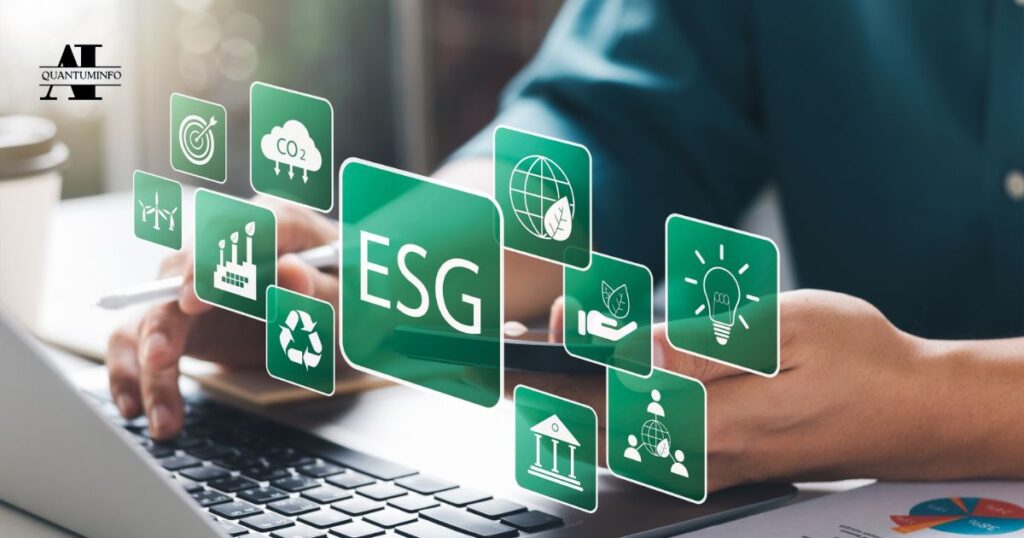
As AI becomes more integrated into society, ethical concerns emerge. Issues such as data privacy, algorithmic bias, transparency, and accountability need to be addressed to ensure that AI benefits all individuals and communities equally. Developing strong ethical frameworks and regulatory guidelines is critical to preventing misuse of AI technologies and fostering trust among users and stakeholders.
The future of AI as GPT
With continued advances in machine learning, natural language processing, and quantum computing, the future of AI as a GPT is promising.
As AI technologies become more sophisticated, their capabilities will expand, opening up new applications and innovations. Interdisciplinary research and collaboration will play an important role in harnessing the potential of AI, addressing societal challenges, and advancing sustainable development.
Frequently Asked Question
What are the characteristics of general-purpose technology, and how does artificial intelligence fit into this definition?
Features of GPTs include wide applicability and transformative effects. AI lives up to this definition by increasing efficiency and innovation across multiple industries.
In what ways has artificial intelligence begun to transform various industries such as healthcare, finance, and transportation?
AI has transformed industries by improving diagnostics in healthcare, enabling robo-advisors in finance, and developing autonomous vehicles in transportation.
What are the potential economic impacts of further integration of different fields of artificial intelligence?
The economic impact of AI includes increased productivity, the creation of new markets, and the potential to contribute trillions to the global economy.
How might artificial intelligence change the nature of work, and what new skills will the workforce of the future need?
AI can automate routine tasks, requiring new skills focused on creativity, critical thinking, and technical expertise for future workers.
What are the main ethical and societal concerns related to the widespread adoption of artificial intelligence?
Ethical considerations include data privacy, impartiality, and accountability, which require comprehensive frameworks to ensure fair deployment of AI.
Final Thought
Artificial intelligence stands as a general-purpose transformative technology with the power to reshape industries, economies, and societies. Its versatility and adaptability make it a cornerstone of innovation, driving advances in various domains.
As we navigate the opportunities and challenges presented by AI, a collaborative approach involving governments, businesses, and civil society is essential to ensure that the benefits of AI are broadly and equitably shared. To be given.
The AI revolution is not just about technological advancements. It is about reimagining and improving the world we live in, paving the way for a more prosperous and inclusive future.

